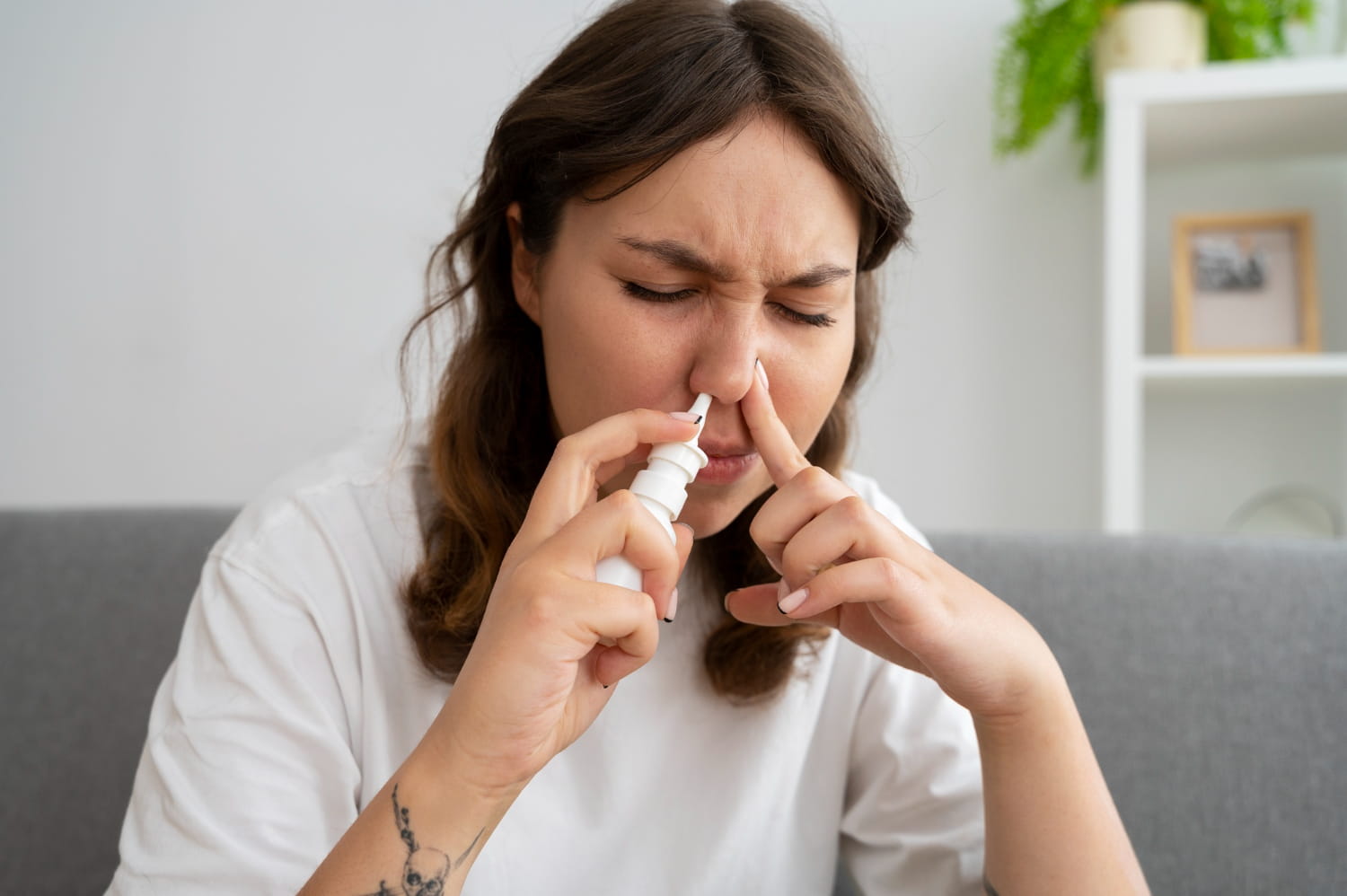The use of nasal spray has shown significant success in treating depression
Admin
- 0
An international study led by Janssen Pharmaceutical reveals that ketamine nasal spray, in combination with standard antidepressant inhibitors, shows superior efficacy in remission of treatment-resistant depression compared to extended-release quetiapine.

In a significant development in the field of mental health, Johnson & Johnson’s Janssen Pharmaceutical Companies has announced successful results from an international randomized Phase IIIb study, in scientific collaboration with Frankfurt University Hospital.
The research focused on the treatment of treatment-resistant depression (TRD), a challenging condition that affects approximately one-third of patients who do not respond to standard treatments.
The analysis compared two therapeutic approaches: one using the combination of selective serotonin reuptake inhibitors (SSRIs) or serotonin and norepinephrine reuptake inhibitors (SNRIs) together with extended-release quetiapine, and the other with the addition of esketamine in a nasal spray to the SSRI/SNRI combination.
The results highlight the superior efficacy of esketamine nasal spray in remission and relapse prevention in patients with TRD.
Contents
ToggleAlso Read: Twin study shows benefits of vegan diet
TRD, characterized by a lack of improvement after two different antidepressant therapies is associated with significant risks, such as increased suicide rates, additional health problems, and frequent hospitalizations.
Professor Andreas Reif, principal investigator of the study and director of the Department of Psychiatry, Psychosomatics and Psychotherapy at Frankfurt University Hospital, explains that the study addresses this problem by exploring new therapeutic options.
In the esketamine nasal spray group, 27.1% of patients achieved remission at week 8, experiencing significant improvements compared to the quetiapine extended-release group, where only 17.6% achieved remission. Both groups received continuous treatment with SSRIs/SNRIs.
Esketamine, known for its analgesic properties, revealed a distinctive antidepressant impact when administered via a nasal spray. This effect is attributed to counteracting reduced neural plasticity in the brain, a common feature in patients with TRD. Professor Reif emphasizes that the addition of a drug, in this case, esketamine, can improve or enhance the effect of previous antidepressant therapy.
A new advantage against depression
The study not only evaluated effectiveness during treatment but also the duration of results. Patients treated with esketamine maintained a significant advantage over those treated with quetiapine in terms of relapse rates, even six months after remission at week 8.
This advance not only offers a new option for the treatment of TRD but also highlights the importance of exploring therapies that address the complexity of treatment-resistant depression. As understanding of the neurobiological basis of depression deepens, innovative therapeutic approaches such as esketamine nasal spray may set the tone for future developments in the treatment of complex mental illnesses.
Although more research and validation is still needed, these results offer hope for those struggling with TRD and underscore the importance of continued innovation in the field of mental health. With the potential approval of this new therapy, new doors would open to improve the quality of life of those affected by treatment-resistant depression.


